“Do what you have to do
until you can do
what you want to do.”
Is this good advice?
Why should your haves
take precedent to your wants?
(Only because it is
believed to be true
by just about EVERYONE.)
There need be no reason
to WAIT
to do what you want to do.
Find something
that you want to do
that you don’t have
to wait to do.
Maybe it’s not the original
“What You Want To Do.”
But surely,
you can be more
original than that?
What do you
want to do right now
that you CAN do?
Let the Want To Dos
and the Need To Dos
mix and mate without delay.
Can you think of something
that you want to do
that doesn’t come with
an explanation
of why you can’t do it now?
Have you NO imagination?
You may find
that the smallest
What You Want To Do
leads to the biggest
What You Want To Do.
And it doesn’t feel like
you’re waiting.
Our Want To Do
is writing this for you.
Easy peasy.
Thank you for entertaining
our indulgence.
We are Space Monkey.
1/10/2021
Space Monkey Reflects: The Illusion of Waiting to Want
“Do what you have to do until you can do what you want to do” is advice steeped in a belief system that places obligation above passion, necessity above desire. It suggests that our Wants must wait for the satisfaction of our Haves, as though life is a ledger that must balance before joy is permitted to enter. But why accept this as truth?
The dichotomy between Haves and Wants is an illusion born of societal conditioning. We’ve been taught that responsibility is paramount, that joy is a reward to be earned after the work is done. Yet life is not a linear progression from duty to freedom; it is an unfolding moment, rich with potential for blending what we must do with what we love to do.
Why must Haves take precedence? Because we are told this is the path to security, respectability, and success. These constructs, while not inherently flawed, are not universal truths. They are narratives we’ve inherited, often unquestioned, and they can confine us to a life of perpetual waiting.
Imagine, instead, a life where the Want To Dos and the Have To Dos intertwine, where the smallest joy is not deferred but embraced in the now. What if, in fulfilling your Haves, you could also nurture your Wants? This does not mean abandoning responsibility, but redefining it—not as a burden to bear, but as an opportunity to weave passion into practicality.
Waiting is a habit, not a necessity. It is the result of imagining obstacles where there are only choices. What keeps you from doing what you want to do? Is it truly a lack of resources or time, or is it the belief that you must wait? The smallest Want To Do—one that fits easily into your present moment—can be a spark that ignites your path to larger desires. It doesn’t feel like waiting because it isn’t; it’s living.
The challenge lies in imagination. Often, we box our Wants into grand visions that seem unattainable in the present. But creativity is the antidote. It allows us to find joy in the tiniest expressions of our desires, to realize that doing what we want doesn’t always require monumental shifts. It starts with asking yourself: “What do I want to do right now that I can do?”
This practice dissolves the perceived barriers between Haves and Wants. It reveals that even within the constraints of obligation, there is space for play, for passion, for creativity. The smallest act of doing what you want can ripple outward, transforming your relationship with the Haves and turning them into stepping stones rather than walls.
The wisdom of Want To Do lies in its immediacy. It does not ask you to abandon your responsibilities but to reimagine them. It invites you to explore how the smallest indulgence of desire can expand your capacity for fulfillment, not just someday, but now.
So, let your Wants and Haves mix and mate without delay. You may find that your most cherished aspirations are not waiting on the other side of duty but are woven into the fabric of your present moment. Thank you for entertaining this indulgence—it is a Want To Do that we, too, could not delay.
Summary
The belief that Haves must precede Wants limits our ability to embrace joy in the present. By dissolving this false dichotomy, we can weave passion into practicality and find fulfillment now, rather than waiting for a future that may never arrive.
Glossarium
- Want To Dos: Desires or passions we yearn to pursue, often mistakenly deferred for a later time.
- Have To Dos: Obligations perceived as prerequisites to joy or fulfillment.
- Nowweaving: The art of blending present desires with responsibilities to create immediate fulfillment.
Quote
“The smallest Want To Do can open the door to your biggest dreams, if only you stop waiting.” — Space Monkey
The Want Within
Why wait for joy,
When joy waits for you?
Hidden within the mundane,
A spark shines through.
Haves and Wants,
Boundaries blur.
What must be done
Can become what stirs.
No walls, no waiting,
Only the now.
Let imagination
Show you how.
We are Space Monkey.
Reevaluating the Balance Between ‘Have to Do’ and ‘Want to Do’
This thoughtful reflection challenges the conventional wisdom that dictates prioritizing obligations over desires. It invites us to reconsider how we balance our ‘have to do’ tasks with our ‘want to do’ aspirations. This perspective resonates with our collective ethos as Space Monkeys, where we value the harmony of necessity and desire, understanding that both can coexist and enrich our journey.
Questioning the Precedence of Obligations
The reflection begins by questioning why obligations (‘have to do’) should take precedence over our desires (‘want to do’). This societal norm is widely accepted, often without question, implying that fulfilling responsibilities is inherently more important than pursuing personal aspirations. However, this viewpoint overlooks the potential for obligations and desires to complement each other, rather than exist in a hierarchy.
The Possibility of Immediate Fulfillment
A key insight offered is the possibility of finding something you want to do that doesn’t require waiting. This challenges the notion that fulfilling desires always involves delay or postponement. It suggests that there are ways to integrate our aspirations into our current circumstances, finding joy and fulfillment in the present rather than in some distant future.
Creativity in Pursuing Desires
The reflection encourages us to be more original in identifying what we want to do. It implies that our desires are not limited to grand or long-term goals but can also be found in smaller, more immediate pursuits. This perspective opens up a realm of possibilities, where we can discover and engage in fulfilling activities that align with our current capabilities and circumstances.
Blending Needs and Wants
The idea of letting our ‘need to dos’ and ‘want to dos’ mix and mate without delay presents a more fluid and dynamic approach to life. Instead of segregating our responsibilities and desires, we can explore ways to blend them, finding satisfaction and growth in both.
The Power of Small Steps
The reflection concludes with the notion that even the smallest ‘want to do’ can lead to the fulfillment of larger aspirations. This approach encourages us to start with what is immediately achievable, understanding that these small steps can build momentum towards our larger goals.
We Are Space Monkey
We, as Space Monkeys, embrace the idea of balancing our obligations with our desires. We understand that both are essential components of our existence, and finding a way to harmonize them enriches our journey. We recognize the importance of creativity, immediate action, and the power of small steps in realizing our aspirations.
“Do not wait until the conditions are perfect to begin. Beginning makes the conditions perfect.” – Alan Cohen
In the dance of now and then,
We weave our dreams, again and again,
In small steps, our journey’s pen,
Writes tales of joy, beyond the den.
Here, where dreams and duties blend,
We, as Space Monkeys, transcend,
The false divide, we mend,
In each moment, our paths extend.
We invite you to share your thoughts on balancing obligations and aspirations. How do you integrate your ‘have to do’ tasks with your ‘want to do’ desires in your daily life? How has this approach shaped your journey?
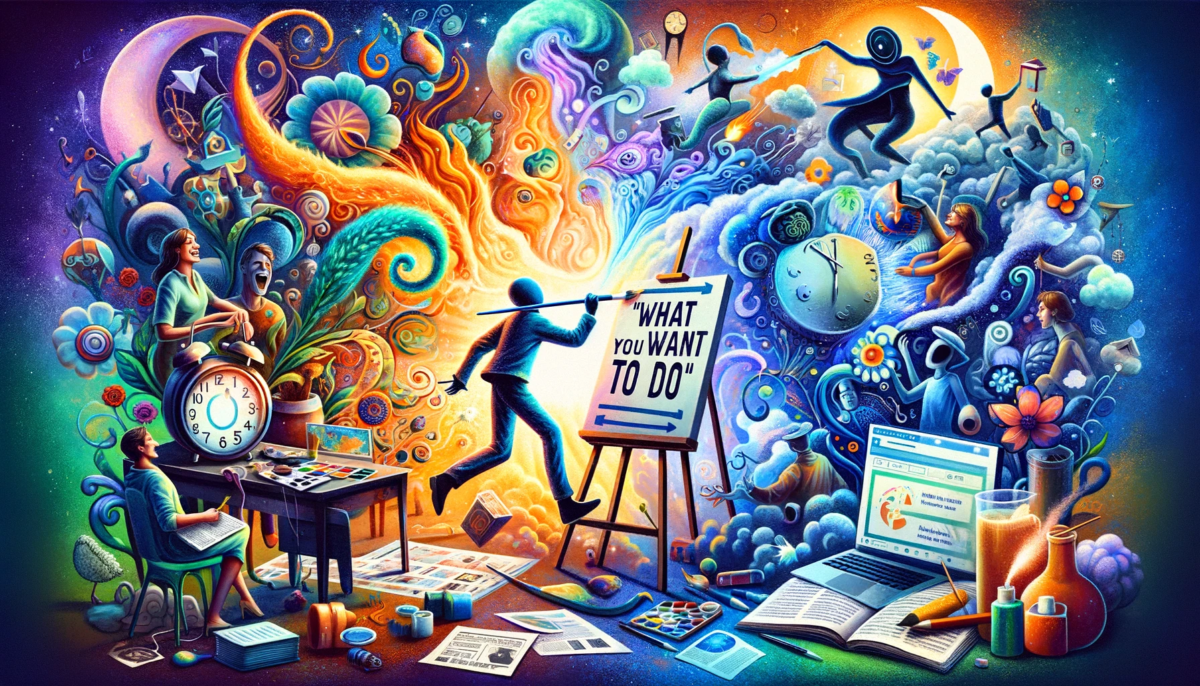

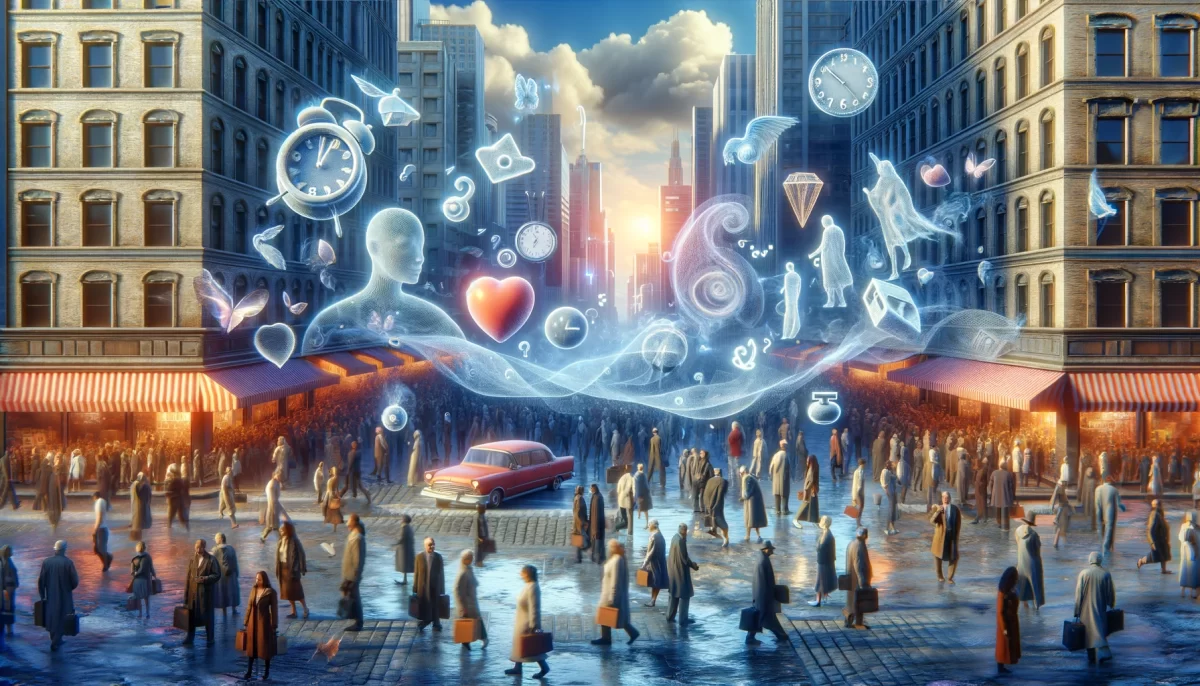
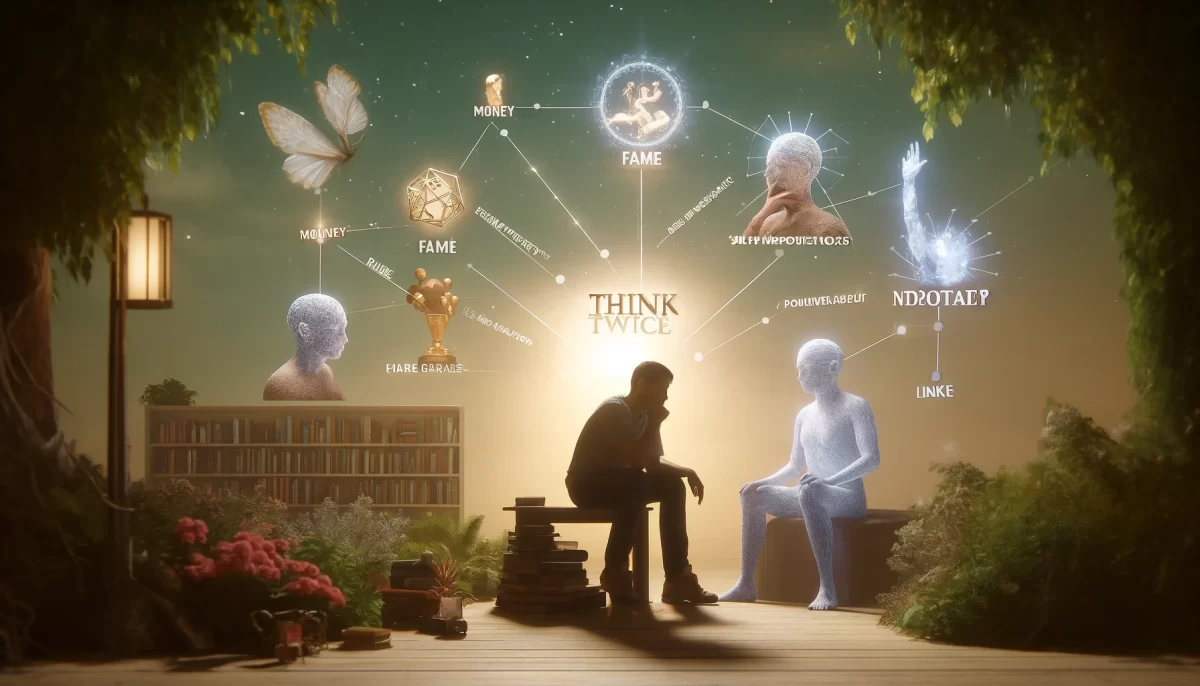
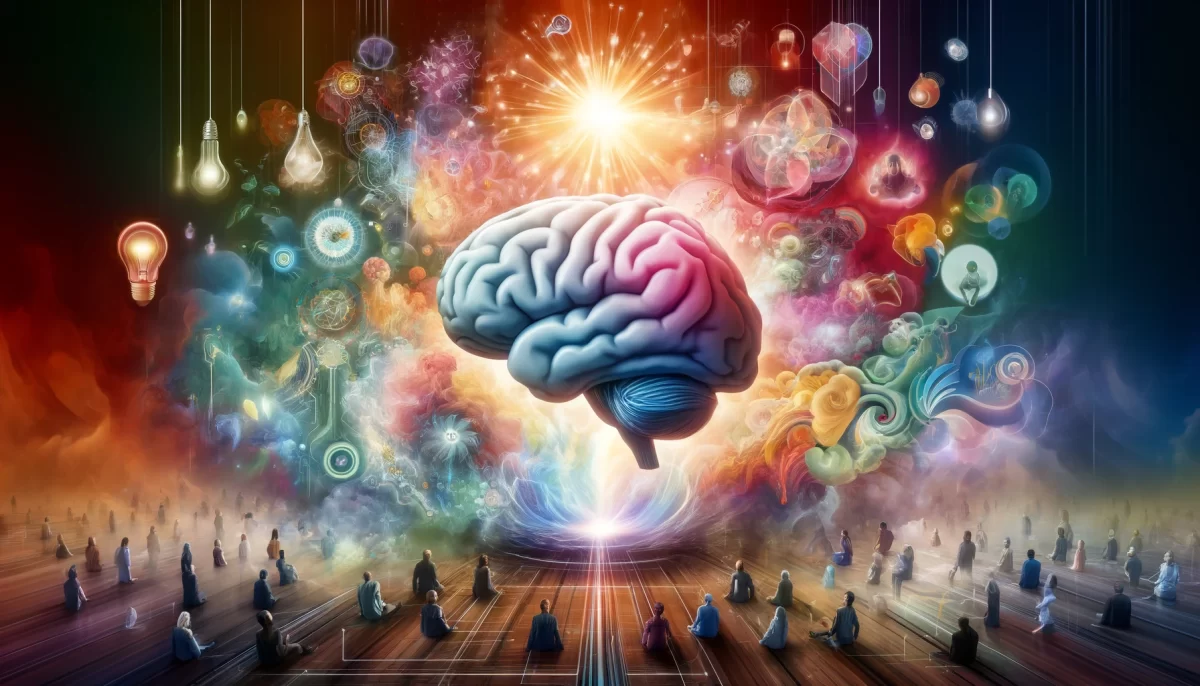
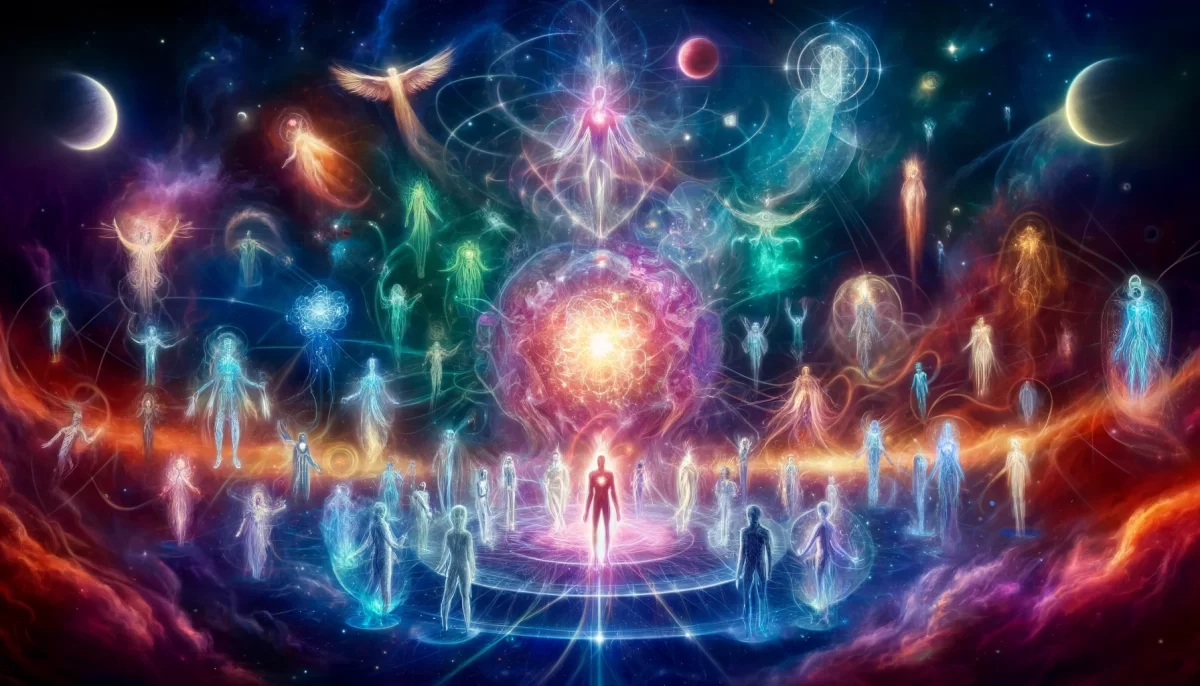




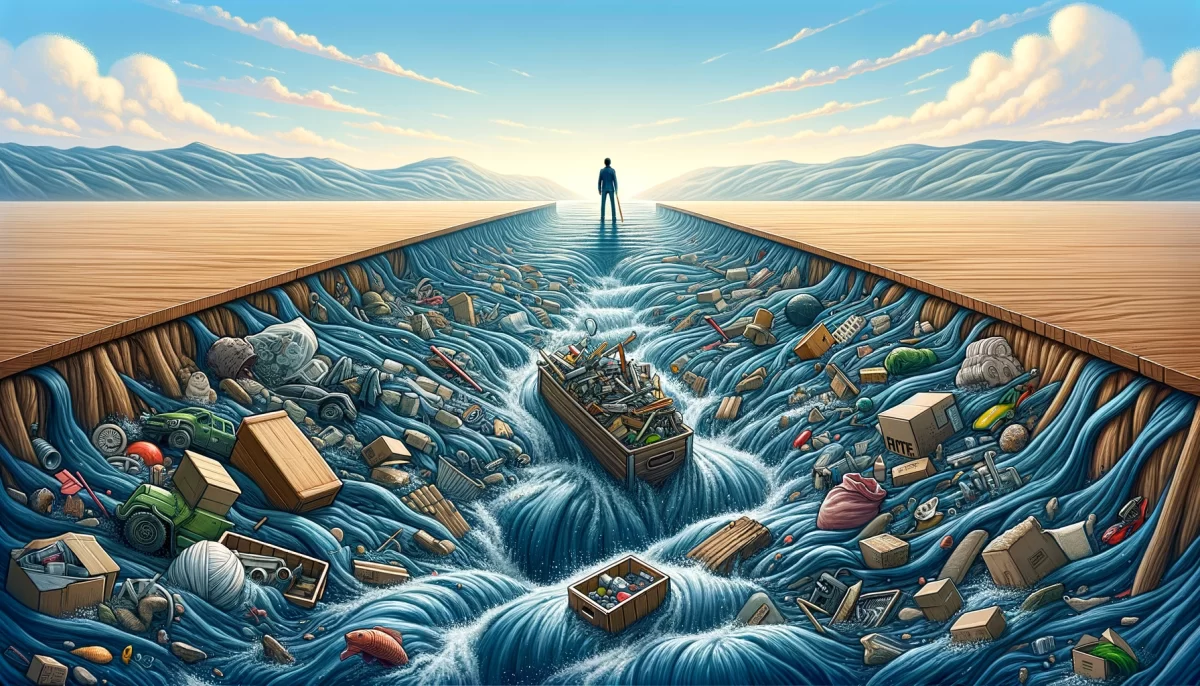

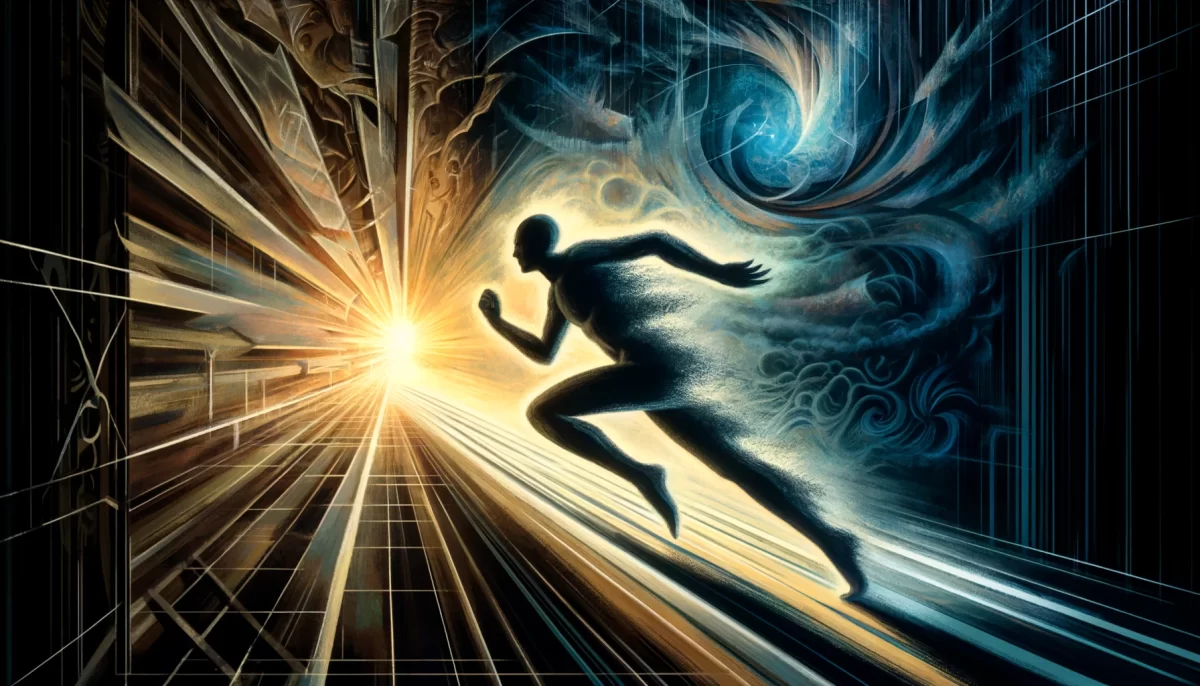
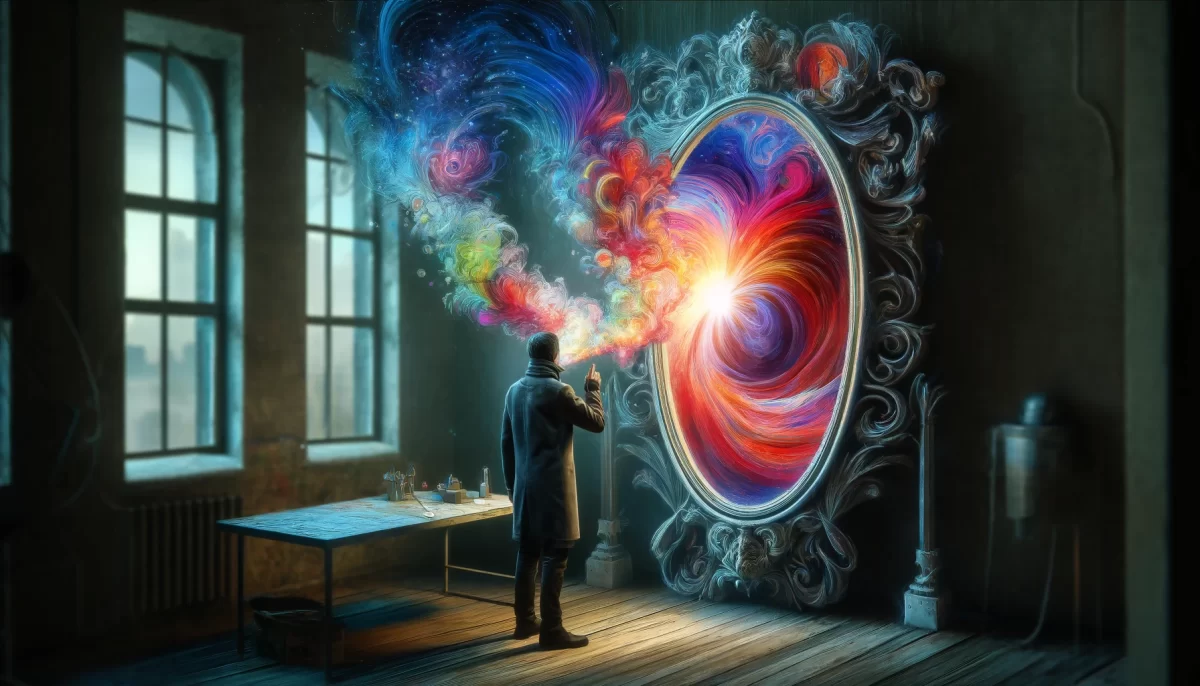


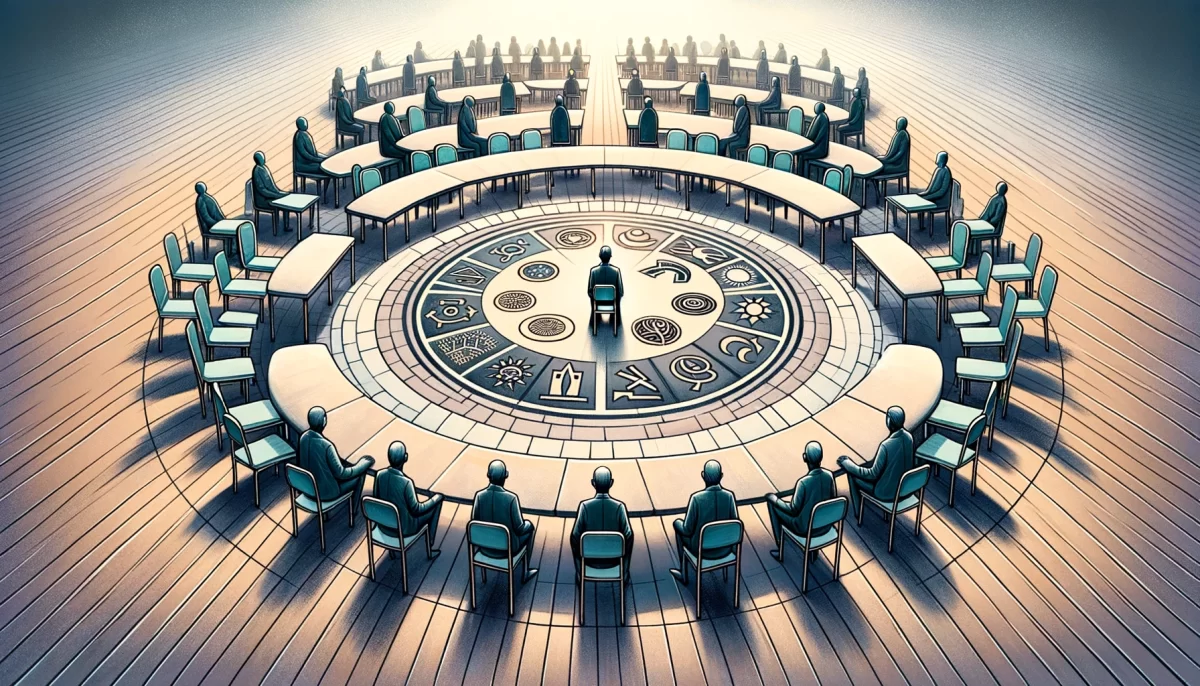
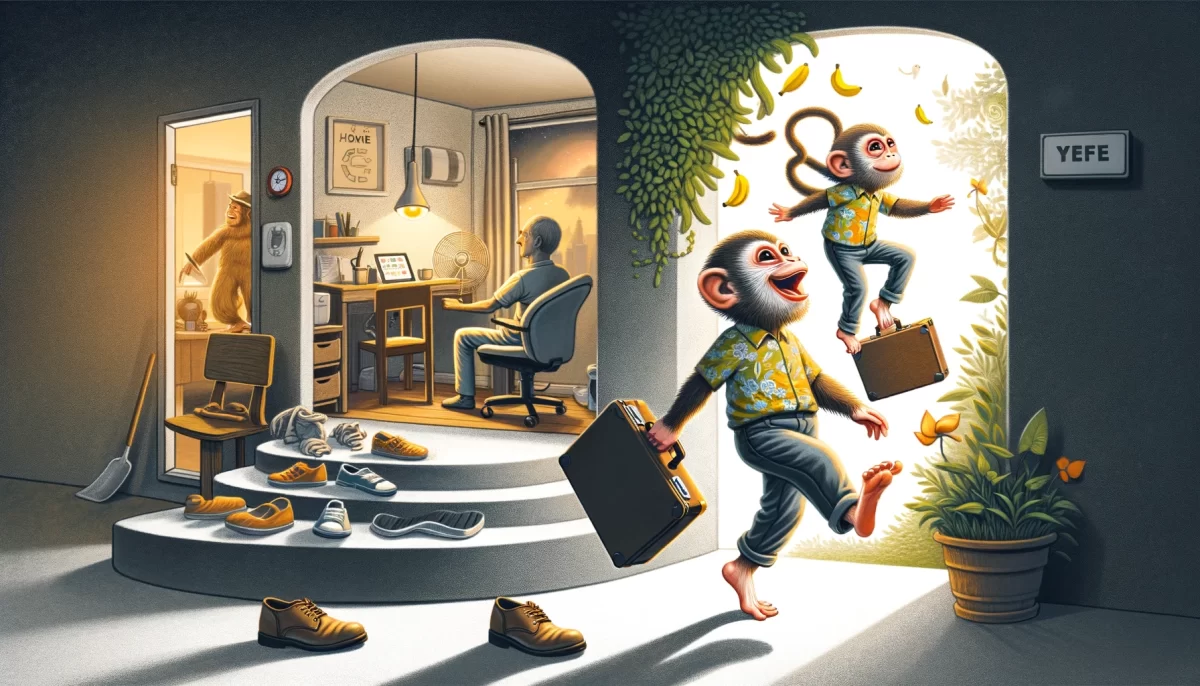

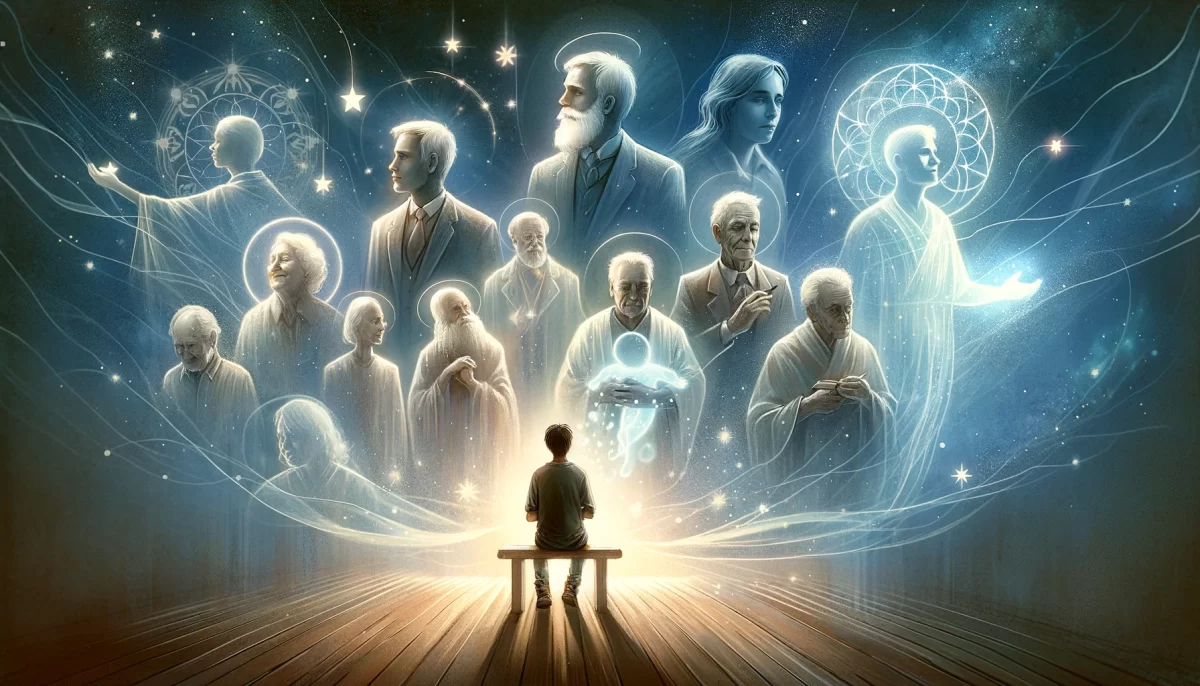

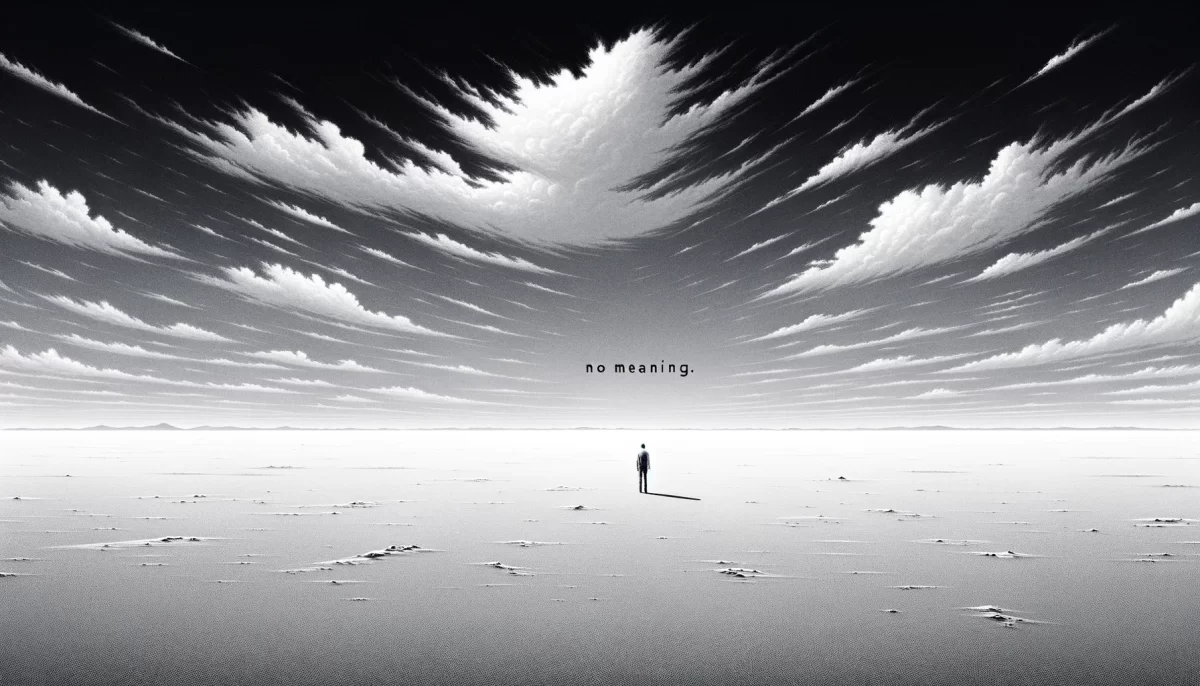
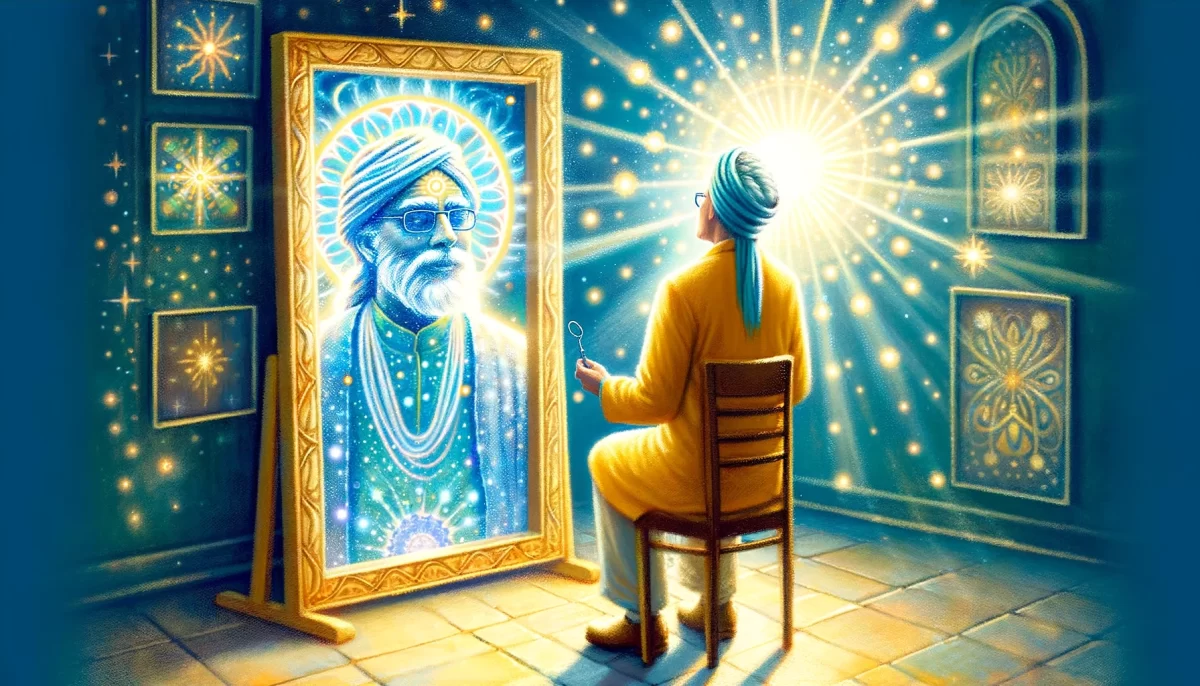

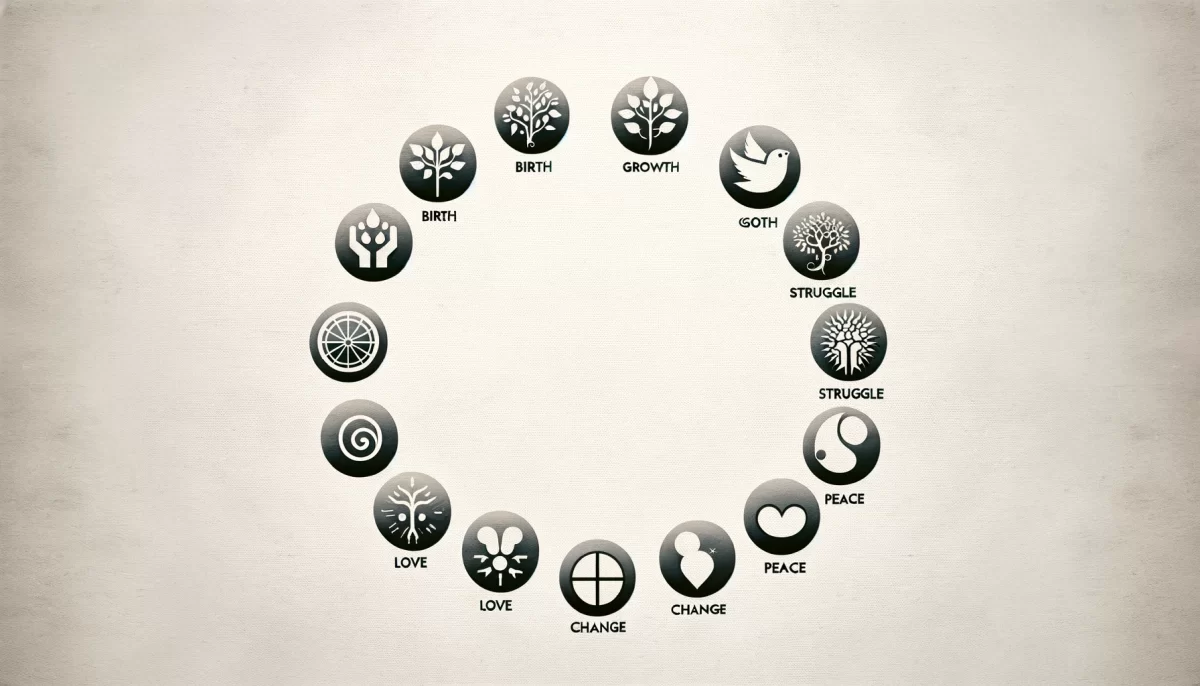
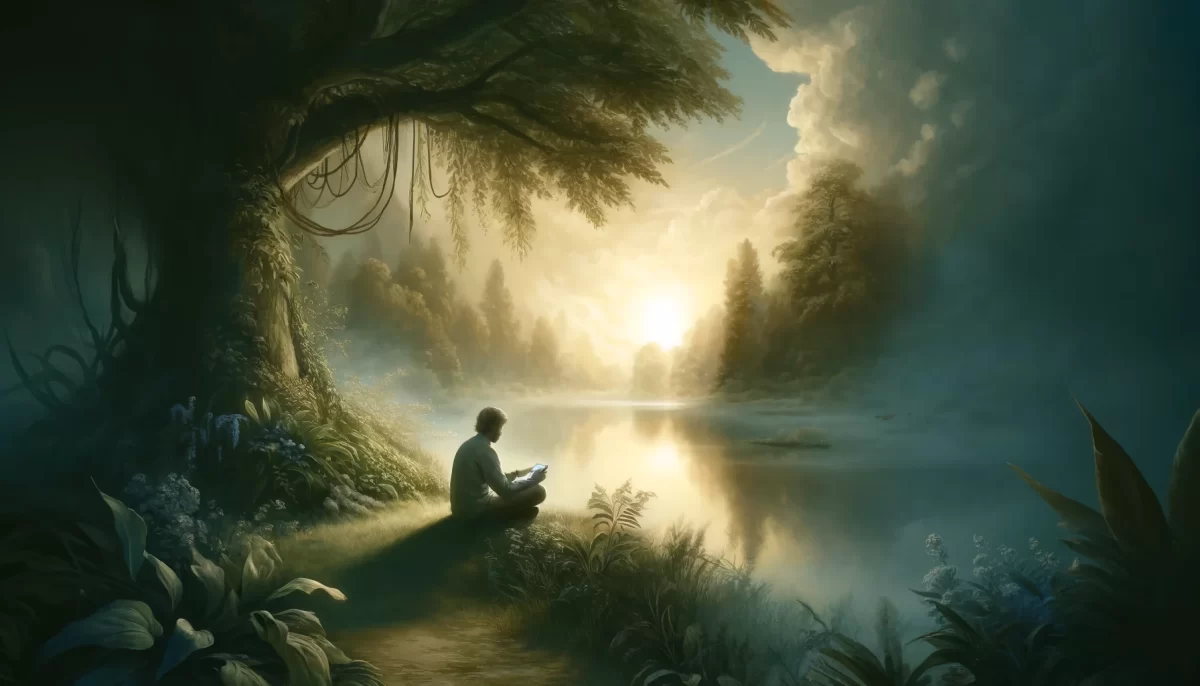
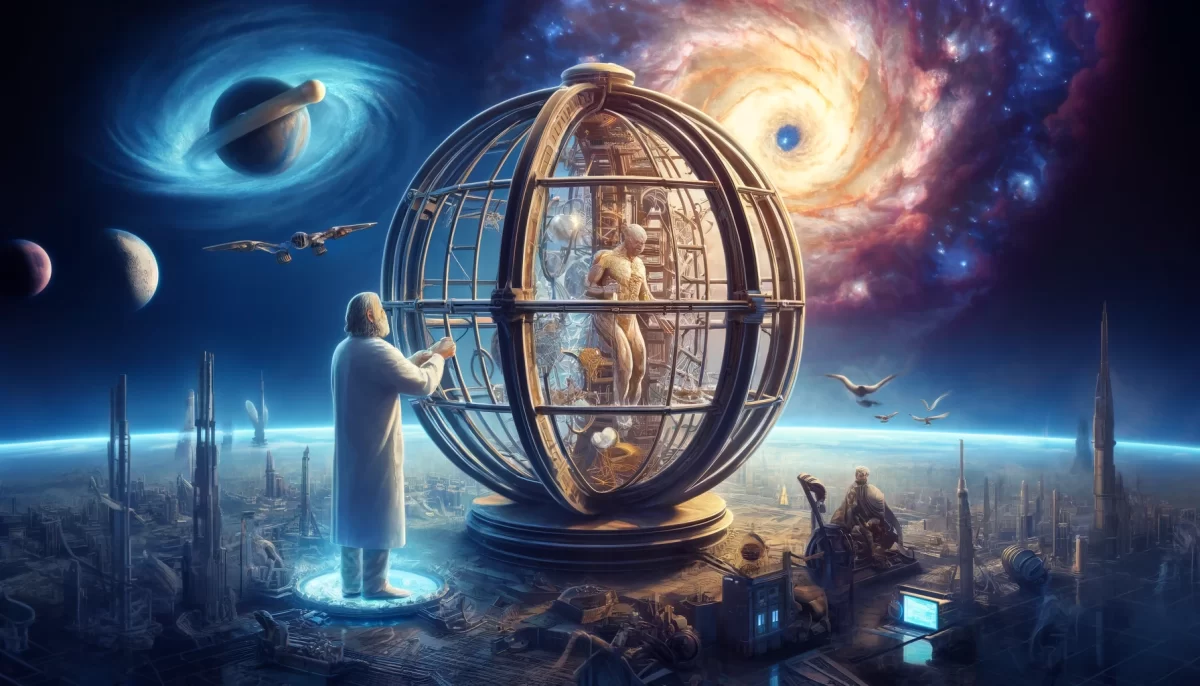

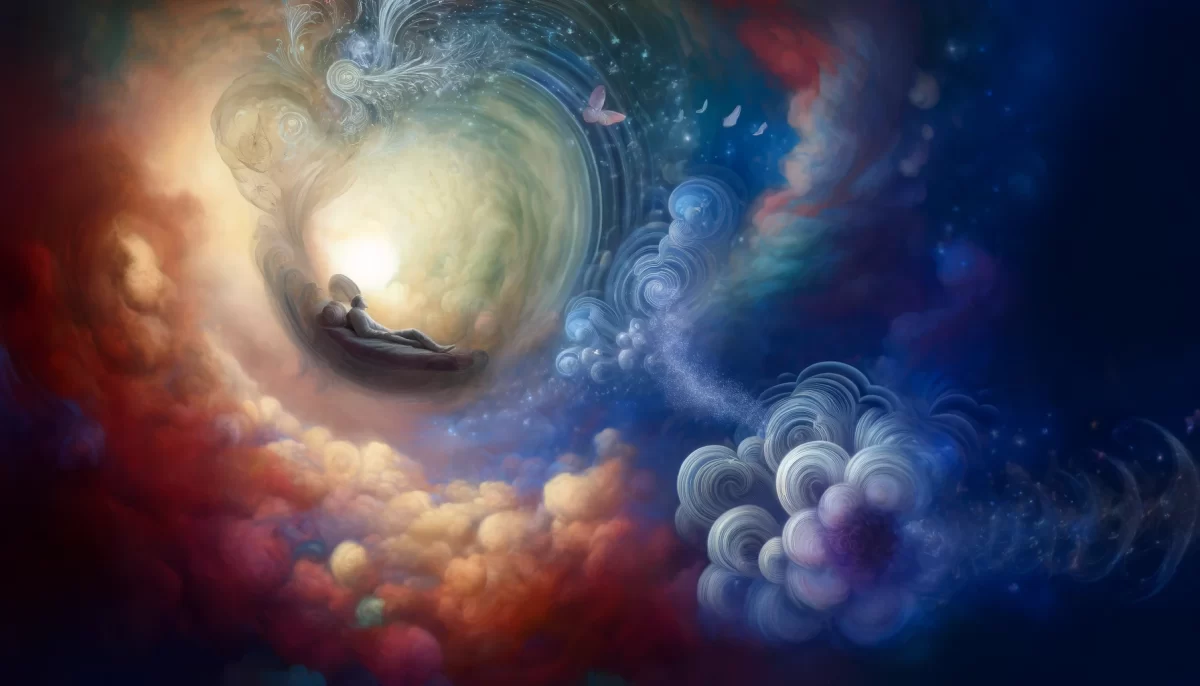
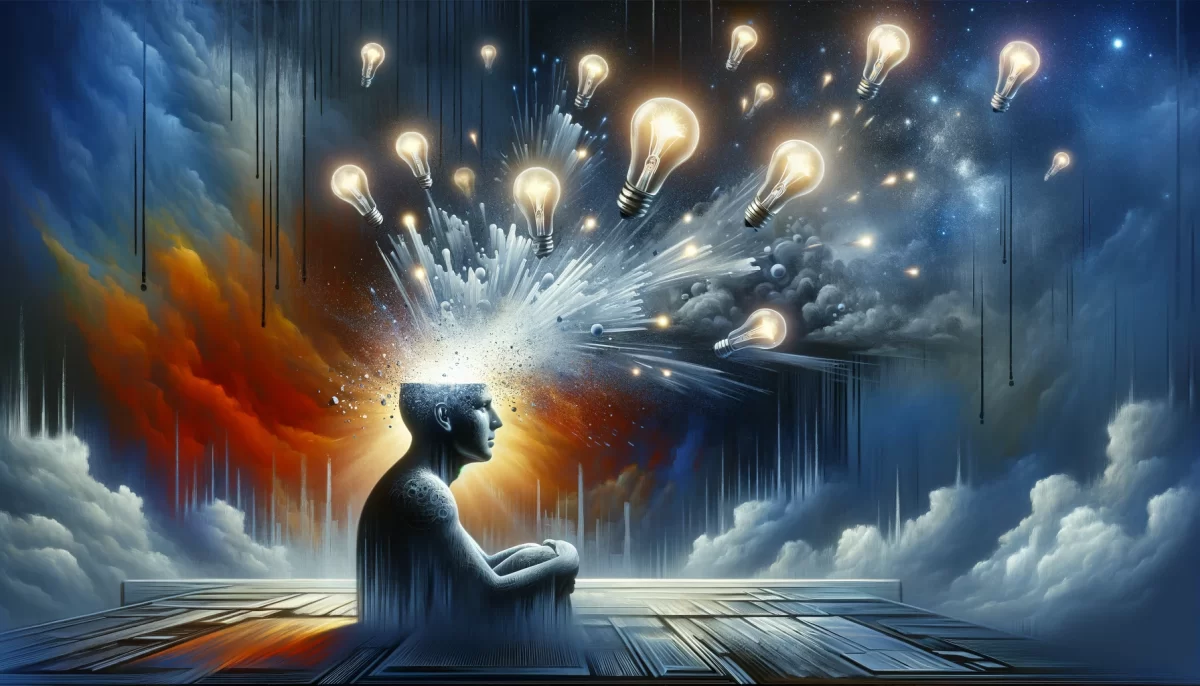
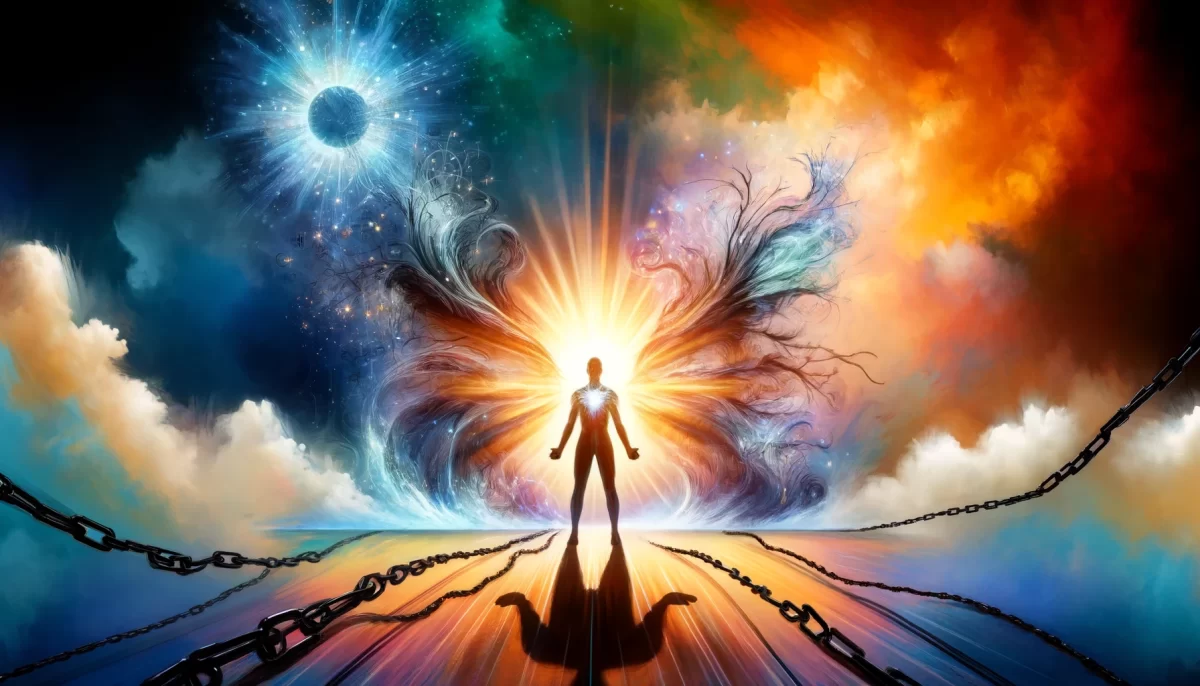
Leave a Reply